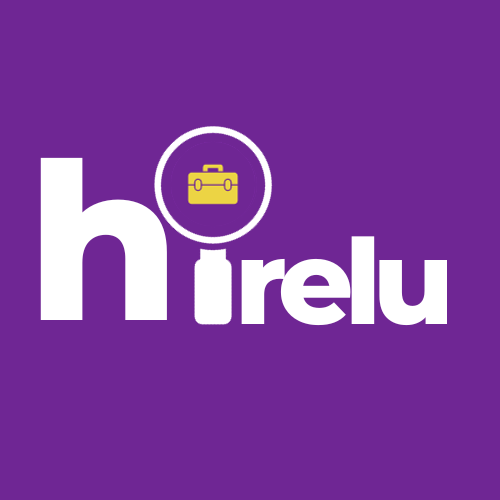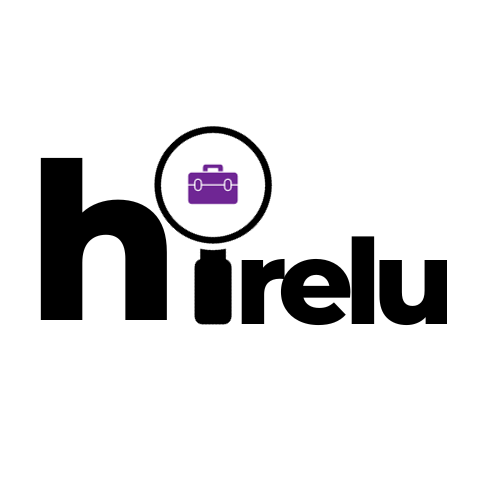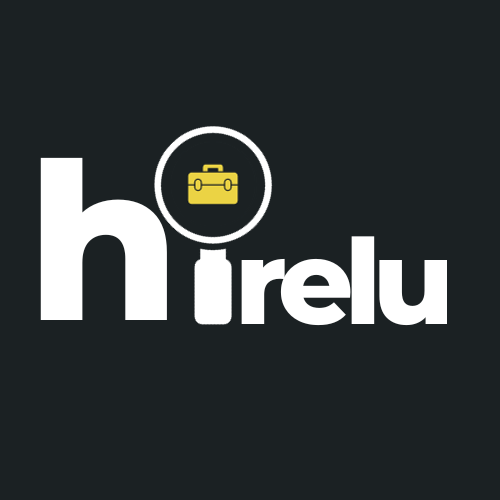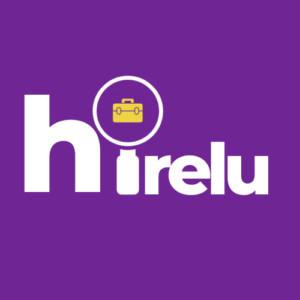A cover letter is a crucial component of any job application. It serves as an introduction to the employer and provides an opportunity for you to showcase your qualifications and make a strong first impression. While your resume provides a summary of your skills and experience, a cover letter allows you to go into more detail and explain why you are the perfect fit for the position. In this article, we will explore the importance of a strong cover letter and provide tips on how to create one that stands out from the competition.
The Importance of a Strong Cover Letter
A strong cover letter can make all the difference in whether or not you get called for an interview. It is often the first thing that employers see, and it can greatly influence their decision to consider you as a candidate. A well-written cover letter demonstrates your professionalism, attention to detail, and enthusiasm for the position.
In a competitive job market, a strong cover letter can set you apart from other applicants. It allows you to highlight your unique qualifications and explain why you are the best fit for the job. A generic or poorly written cover letter, on the other hand, can give the impression that you are not serious about the position or that you lack the necessary skills and experience.
Understanding the Purpose of a Cover Letter
The purpose of a cover letter is to introduce yourself and your qualifications to the employer. It should complement your resume by providing additional information about your skills and experience. A well-crafted cover letter can help you stand out from other applicants by showcasing your personality, passion, and ability to communicate effectively.
In addition to introducing yourself, a cover letter allows you to explain why you are interested in the position and how your skills and experience make you a strong candidate. It provides an opportunity for you to address any gaps in your resume or explain any career changes. A cover letter also allows you to demonstrate your knowledge of the company and industry, showing that you have done your research and are genuinely interested in the opportunity.
Key Elements of an Effective Cover Letter
| Key Elements of an Effective Cover Letter | Description |
|---|---|
| Header | Includes your name, address, phone number, and email address |
| Date | Indicates the date you are sending the cover letter |
| Recipient’s Information | Includes the name, title, company, and address of the person you are sending the cover letter to |
| Salutation | Addresses the recipient by name and title |
| Introduction | Explains why you are writing and how you learned about the job opening |
| Body | Highlights your relevant skills, experiences, and achievements that make you a strong candidate for the job |
| Closing | Expresses your interest in the job and thanks the recipient for considering your application |
| Signature | Includes your handwritten signature and typed name |
An effective cover letter should be well-structured and contain three key elements: the opening paragraph, body paragraphs, and closing paragraph.
The opening paragraph should grab the reader’s attention and explain why you are writing. It should include the position you are applying for and how you learned about the opportunity. You can also mention any personal connections or referrals that you have.
The body paragraphs should provide more detail about your qualifications and why you are a good fit for the position. You can highlight specific skills and experiences that are relevant to the job description. It is important to be concise and specific, providing examples to support your claims.
The closing paragraph should reiterate your interest in the position and express your enthusiasm for the opportunity to interview. You can also mention any attachments or additional information that you have included with your application.
How to Tailor Your Cover Letter to the Job Description
One of the most important aspects of writing a strong cover letter is tailoring it to the job description. This shows the employer that you have taken the time to understand their needs and have customized your application accordingly.
To tailor your cover letter, start by carefully reading the job description and highlighting the key requirements and qualifications. Then, think about how your skills and experience align with these requirements. Use specific examples to demonstrate how you meet each qualification.
In addition to addressing the specific requirements of the job description, you should also research the company and industry to gain a better understanding of their values, goals, and culture. This will allow you to tailor your cover letter to match their needs and show that you are genuinely interested in the opportunity.
Dos and Don’ts of Cover Letter Writing

When writing a cover letter, there are several dos and don’ts that you should keep in mind:
Do:
– Address the letter to a specific person if possible. If you don’t know the name of the hiring manager, you can use a generic salutation such as “Dear Hiring Manager” or “To Whom It May Concern.”
– Use a professional tone and language. Avoid slang, jargon, and overly formal or casual language.
– Keep it concise and focused. Your cover letter should be no longer than one page and should only include relevant information.
– Proofread your cover letter carefully for grammar and spelling errors. It is also a good idea to have someone else read it to catch any mistakes you may have missed.
Don’t:
– Use a generic template or copy and paste from a previous cover letter. Each cover letter should be customized to the specific job and company.
– Include unnecessary personal information or details that are not relevant to the position.
– Use clichés or generic statements. Instead, be specific and provide examples to support your claims.
– Forget to follow up after submitting your application. Sending a thank-you email or letter can help you stand out and show your continued interest in the position.
Tips for Capturing the Hiring Manager’s Attention
To capture the hiring manager’s attention and make a strong first impression, consider the following tips:
– Start with a strong opening paragraph that grabs the reader’s attention and explains why you are writing.
– Use language that is clear, concise, and engaging. Avoid using overly technical terms or industry jargon that may confuse the reader.
– Use bullet points or subheadings to break up the text and make it easier to read.
– Highlight your most relevant qualifications and experiences in the body paragraphs. Use specific examples to demonstrate your skills and achievements.
– Use formatting techniques such as bolding or italicizing to draw attention to key points or accomplishments.
Examples of Successful Cover Letters
To get a better idea of what makes a cover letter effective, it can be helpful to look at examples of successful cover letters. These examples can serve as inspiration for your own cover letter and help you understand what employers are looking for.
A successful cover letter should be tailored to the specific job and company, demonstrate your qualifications and enthusiasm for the position, and be well-written and error-free. It should also be concise and focused, providing specific examples to support your claims.
Common Mistakes to Avoid in Your Cover Letter
When writing a cover letter, there are several common mistakes that you should avoid:
– Using a generic template or copying and pasting from a previous cover letter. Each cover letter should be customized to the specific job and company.
– Including unnecessary personal information or details that are not relevant to the position.
– Focusing too much on yourself and not enough on the employer’s needs. Your cover letter should explain how your skills and experience make you a good fit for the job.
– Using clichés or generic statements. Instead, be specific and provide examples to support your claims.
– Forgetting to proofread your cover letter for grammar and spelling errors. It is also a good idea to have someone else read it to catch any mistakes you may have missed.
How to Showcase Your Skills and Experience in Your Cover Letter
To showcase your skills and experience in your cover letter, start by carefully reading the job description and highlighting the key requirements and qualifications. Then, think about how your skills and experience align with these requirements.
In the body paragraphs of your cover letter, provide specific examples that demonstrate how you meet each qualification. Use language that is clear, concise, and engaging. Avoid using overly technical terms or industry jargon that may confuse the reader.
It is also important to quantify your achievements whenever possible. For example, instead of saying “I increased sales,” you could say “I increased sales by 20% in my first year.”
The Final Touches: Proofreading and Polishing Your Cover Letter
Before submitting your cover letter, it is important to proofread and polish it to ensure that it is as strong as possible. Start by carefully reviewing the content for grammar and spelling errors. It can be helpful to read your cover letter out loud or have someone else read it to catch any mistakes you may have missed.
In addition to proofreading, consider the overall formatting and appearance of your cover letter. Use a professional font and format, and make sure that the text is easy to read. Consider using bullet points or subheadings to break up the text and make it more visually appealing.
Finally, make sure that your contact information is included and up to date. Double-check that you have addressed the letter to the correct person and that you have included any necessary attachments or additional information.
Crafting a strong cover letter takes time and effort, but it can greatly increase your chances of getting called for an interview. By understanding the purpose of a cover letter, tailoring it to the job description, and avoiding common mistakes, you can create a cover letter that stands out from the competition and showcases your qualifications and enthusiasm for the position. Take the time to craft a strong cover letter, and you will greatly increase your chances of landing your dream job.
Looking for some inspiration for your cover letter? Check out this article on Hirelu.com that provides a variety of cover letter examples to help you craft the perfect one for your job application. Whether you’re a recent graduate or an experienced professional, these examples will guide you in showcasing your skills and qualifications effectively. Take a look at the article here and get started on creating a standout cover letter that will impress potential employers.






3 Comments
[…] a well-crafted resume is crucial in today’s job market, a compelling cover letter can also greatly enhance your chances of getting noticed by employers. A cover letter allows you to […]
[…] and help you stand out from other candidates. In the North Dakota job market, a well-crafted cover letter can make a significant difference in your chances of securing an […]
[…] innovative approaches to teaching and learning. By incorporating some of these ideas into your cover letter, you can demonstrate your creativity and commitment to providing an engaging educational […]
[…] executive assistant positions, a standout cover letter is particularly important. As an executive assistant, you will be responsible for supporting […]